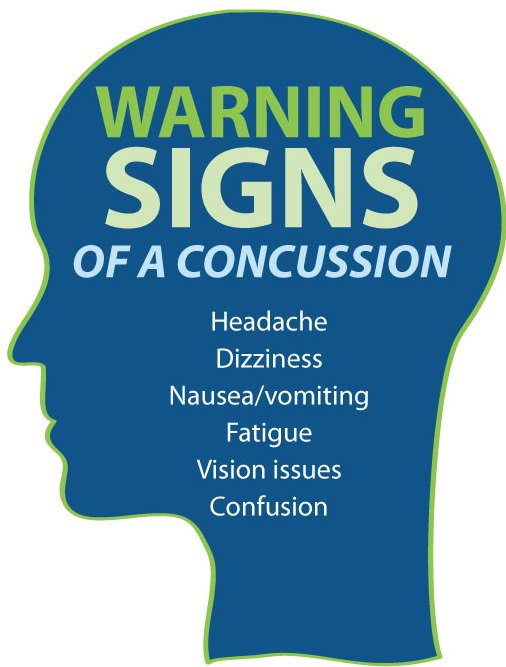Common Head Injury a Hot Topic in Local Schools, Daycares and on the Playing Field
 A concussion can happen to anyone (even your children) – while playing on a football field or horsing around at recess or in the event of an auto accident. In every case, physicians advise paying attention to the warning signs associated with this common head injury.
A concussion can happen to anyone (even your children) – while playing on a football field or horsing around at recess or in the event of an auto accident. In every case, physicians advise paying attention to the warning signs associated with this common head injury.
A traumatic brain injury can be caused by a bump, blow or jolt to the head. In 2010, the Centers for Disease Control and Prevention (CDC) estimated that 2.5 million room visits were due to traumatic brain injuries – and that’s only including those who sought treatment, according to the Report to Congress on Traumatic Brain Injury in the United States: Epidemiology and Rehabilitation.
Incidents of traumatic brain injuries are so common, the 2016 President’s Budget includes an increase of $5 million for the Centers for Disease Control and Prevention (CDC) to improve estimates of sports- and recreation-related concussions experienced by youth, according to a congressional report.
A concussion is a traumatic brain injury caused by a blow or jolt to the head that forces the soft tissue of the brain to knock against the skull’s bony surface, according to the University of Rochester Medical Center. Although concussions can be mild or severe, all should be taken seriously as they can harm the way the brain works.
SIGNS AND SYMPTOMS
Common (and immediate) signs of a concussion could include:
- Headache
- Dizziness
- Nausea/vomiting
- Fatigue
- Vision issues
- Confusion
Doctors say long-term symptoms are possible, too, including:
- Sleep disturbances
- Problems with memory and concentration
- Headaches
- Psychological issues
WHAT TO DO?
The CDC is encouraging awareness in public schools and among sports teams, and advises parents to ensure your children wear the right safety gear during all practices and games and that schools have a concussion plan. If you think your child has a concussion, the CDC says:
- Seek medical help at once.
- Bench your child until a medical professional clears your child to play.
- Let coaches know about a past concussion.
- Encourage teammates to keep an eye on each other.
- Athletes must it be known if they suffer a head injury.
